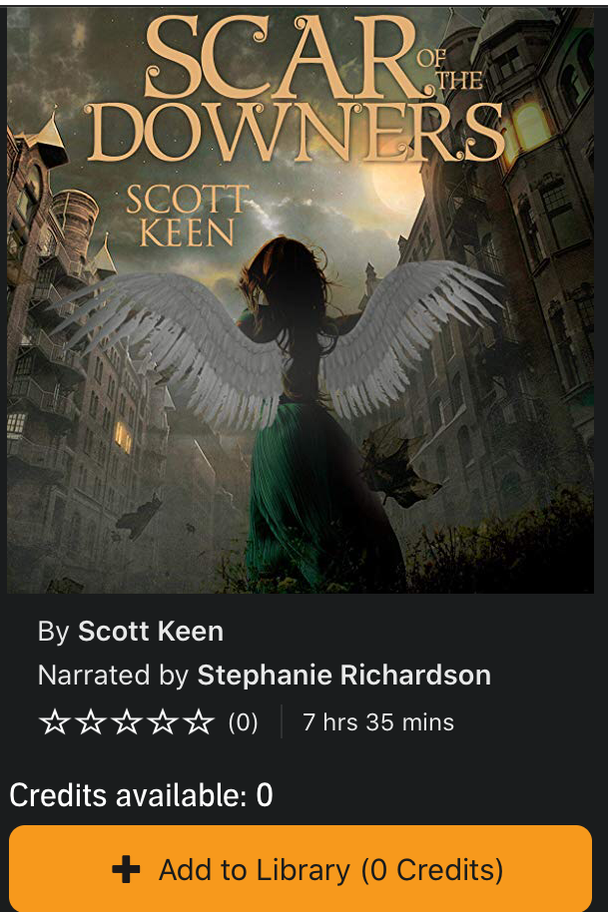|
Everyone has a story. It doesn't matter if the person is real or fictional. The person's story is his or her's defining experience. In writing, we call it backstory, and writers think a lot about it because it is an integral part to a story.
Who is this character? What are his relationships like? How did he end up where he is at this exact point in the narrative? Questions like this plague authors. The answers to these, and others like them, determine everything about the character, and, if that character is the main one, determine the arc of the story itself. You must know where I'm going with this. If all of our fictional characters that we read about (or write about) have a back story, so do all of us. Part of the interesting thing about life is learning the backstory of those close to us. Which, when we learn this backstory, makes us feel even closer to these people. So, then the question every writer has is, how to reveal the back story. Do you do it all at once (or at least the main points), do you wait until the end (the big revelation as part of the climax), or do you space it out in spatterings like a Jackson Pollack painting (kind of like a mystery novel)? If we're mirroring life here, sometimes you get a little bit of all three. You meet a person, and you might ask questions about where the person is from, how many siblings he has, where he went to school, etc., etc. You are basically asking for his (abbreviated, superficial) backstory. Or, as Lajos Egri would categorize it - the sociological part of his story. The deeper you go into someone's backstory, the more you understand him and perhaps see why he made the choices he did and ended up in the place where he is. The fascinating thing about this is that it feels infinite. I'm still learning new backstory details about my wife, and I've been married to her for almost twelve years. Then, from the writerly stand point, there's the moment when you find out something from someone's backstory that seems to change everything - sometimes for good, or possibly for ill. This is the Moment of Discovery. Very, very important in storytelling. Because in that moment your story changes, and you are forced to take everything to the next level. Your character must make Big Decisions that will impact her life and shift the path of her future. So, thanks for enduring my ramblings on backstory. Now, I urge you, if you are a writer, don't neglect this element of your narrative. And, for anyone out there, I urge you - find out the backstories of the people around you. In this way, your relationships will grow and you will have greater understanding of those people who inhabit your sphere.
3 Comments
Grace
3/24/2015 07:19:38 am
It is so interesting to listen as other people share their backstories - it is one of my favorite things to do. Discovering one's own backstory with the help of people who "knew you way back then" can be an interesting exercise as well. :)
Reply
Leave a Reply. |
AudiobookArchives
February 2021
Categories
All
|
